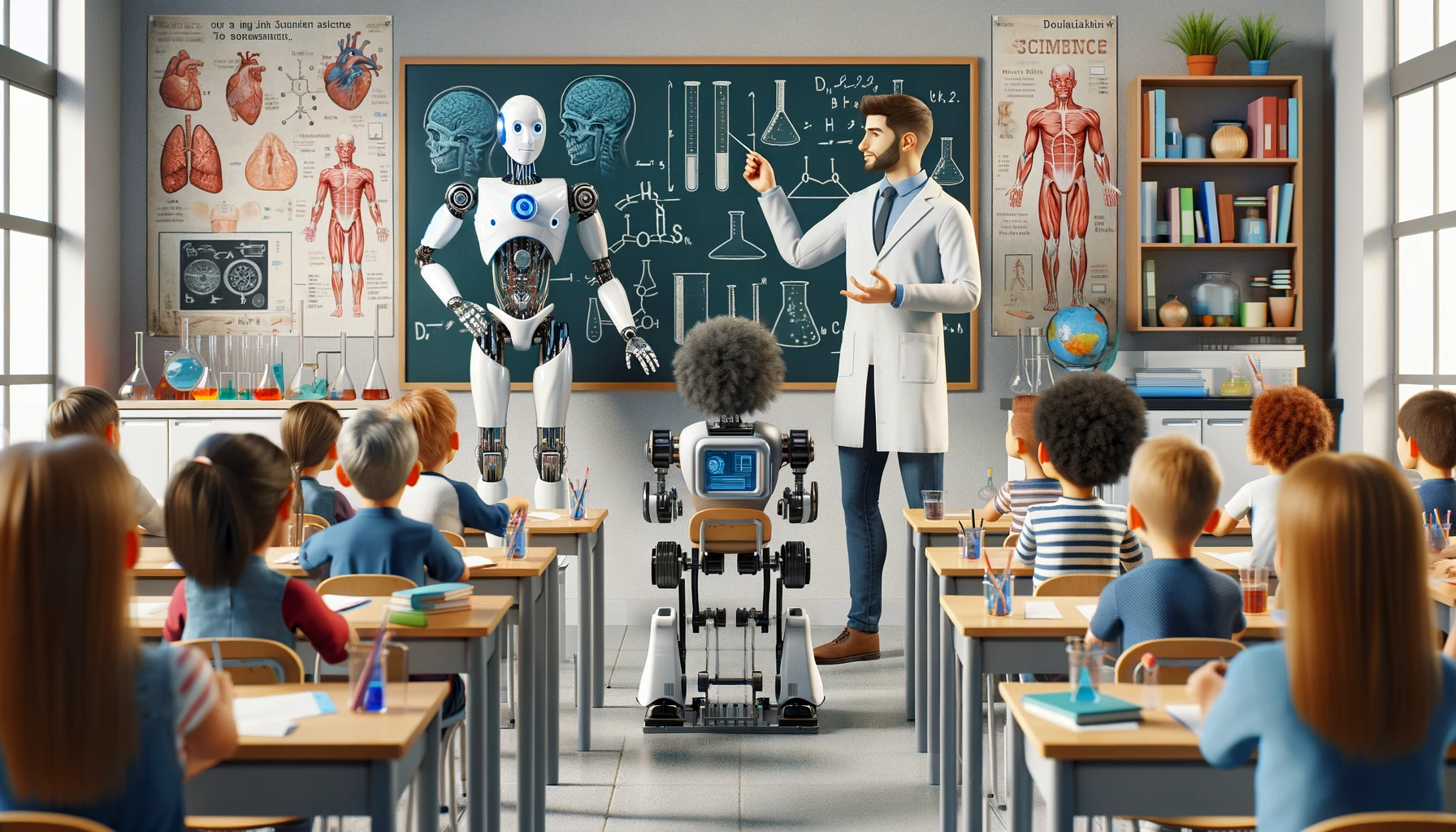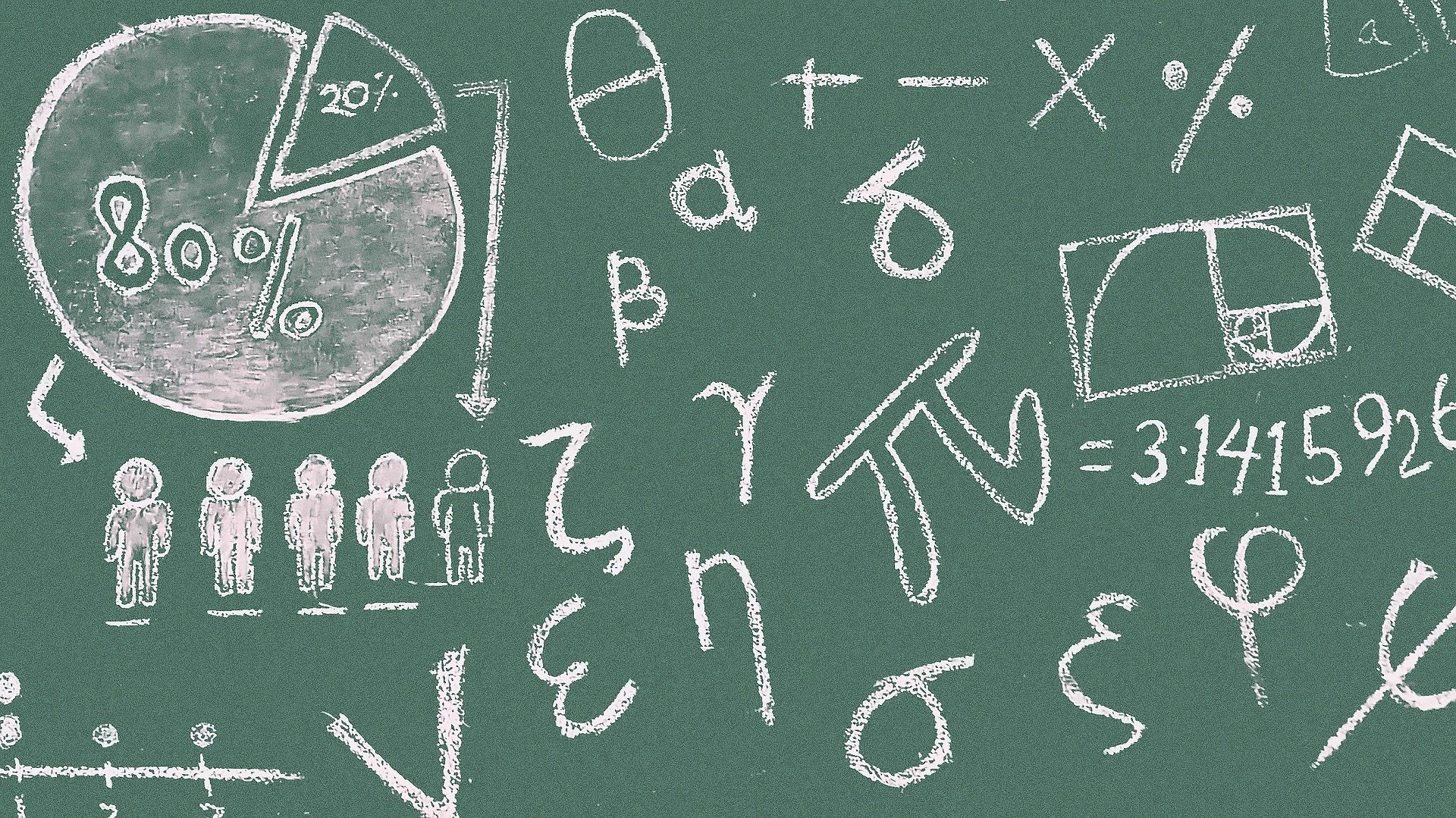With the advancement of technology and the development of communication methods, distance learning has become a popular and desirable option for many students around the world. While many celebrate the benefits that this type of education brings, others view it with skepticism and reservation. Does distance learning provide the academic freedom that students dream of, or does it impose a "virtual prison" on learners?
Academic Freedom: The Positive Side
Temporal and Spatial Flexibility
One of the most prominent benefits of distance learning is the temporal and spatial flexibility it offers. Students are no longer required to adhere to a strict daily schedule or be present in a specific location. They can now follow their studies from anywhere in the world and at any time that suits them, allowing for a better balance between academic and personal life. This flexibility is especially helpful for students who work or have family commitments.
Access to Diverse Educational Resources
Through the internet, students can access vast digital libraries, online training courses, and lectures from prestigious universities around the world. This means that students are no longer limited to the resources available at their educational institutions, but can explore a wide range of topics and sources that enhance their understanding and develop their academic skills.
Promoting Self-Learning
Distance learning encourages students to engage in self-learning and motivates them to research and explore. Without a direct teacher presence, students become responsible for organizing their time and seeking information themselves. This enhances their independence and their ability to manage time and solve problems independently.
The Virtual Prison: The Negative Side
Social Isolation
Despite the many benefits of distance learning, one of the major challenges is social isolation. In traditional classrooms, direct interaction with peers and teachers is a fundamental part of the learning experience. This interaction enhances communication and teamwork skills among students and contributes to building social and professional networks. In distance learning, students may feel isolated and disconnected, which can negatively affect their educational experience.
Technical Challenges
Distance learning heavily relies on technology, which can pose technical challenges for students. Some students may face difficulties accessing the internet or using educational software, especially in remote areas or developing countries. Additionally, online education systems can be susceptible to cyberattacks or technical issues that disrupt the continuity of learning.
Lack of Self-Discipline
Without a set schedule and the pressure from peers and teachers, students may find it challenging to maintain self-discipline. Students can be easily distracted by social media and electronic games, leading to a decline in academic performance and a loss of motivation.
Achieving Balance
To succeed in distance learning, students must strike a balance between benefiting from academic freedom and overcoming the challenges posed by virtual isolation. This requires developing self-discipline and effective time management skills, as well as seeking ways to socially interact with peers and teachers through electronic communication means.
The Role of Educational Institutions
Educational institutions must play a significant role in supporting students in their distance learning journey. They can provide technical and advisory support resources, organize workshops and training courses to improve self-learning and time management skills, and enhance social interaction by creating electronic platforms for communication between students and teachers.
While distance learning offers significant advantages in terms of flexibility and access to resources, it also faces challenges related to isolation and self-discipline. Success in this type of education depends on the student's ability to balance academic freedom with overcoming the obstacles posed by virtual isolation. Therefore, educational institutions and students must work together to ensure a successful and comprehensive educational experience that enhances students' academic and personal development alike.



